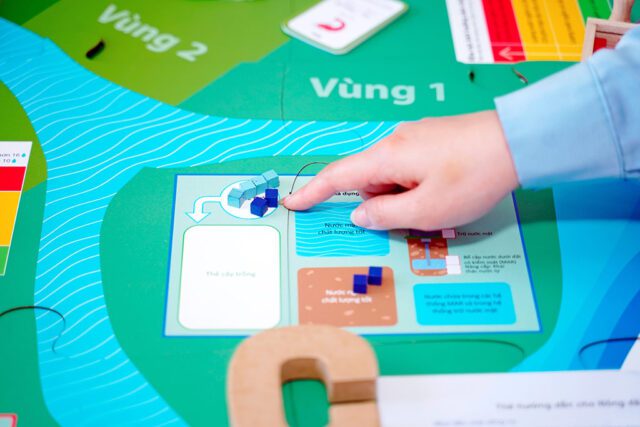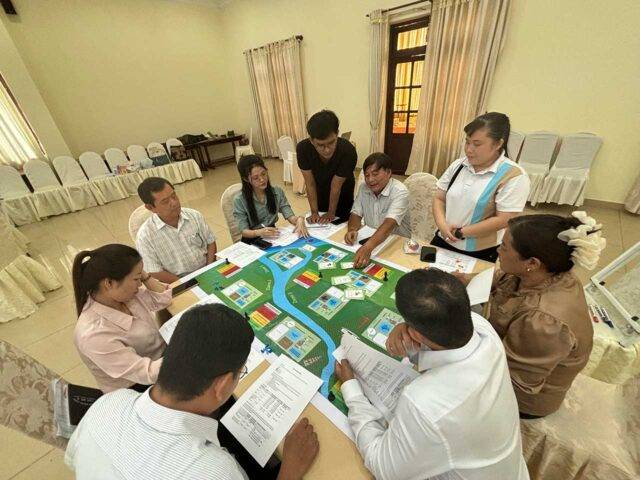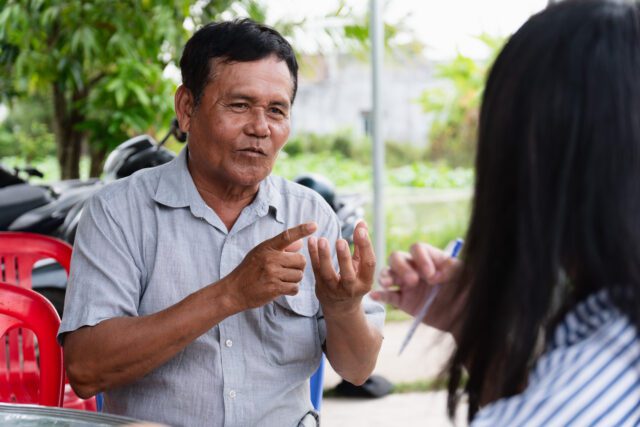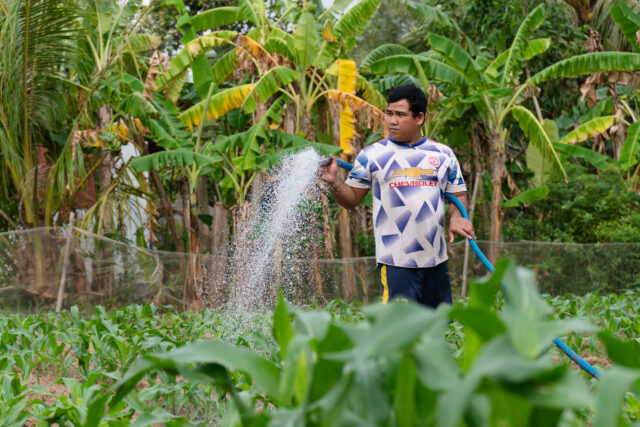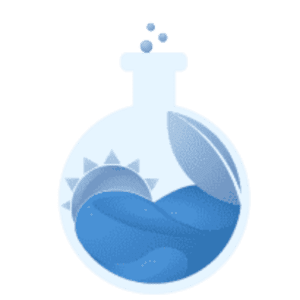In recent years, serious games have become a powerful tool for learning, collaboration, and decision-making, especially in projects that deal with complex environmental and social challenges like groundwater management and climate resilience. But what exactly is a serious game, and how does it support real-world action?
What Is a Serious Game?
A serious game is a type of game designed not just for entertainment, but with a clear educational or training purpose. It combines game mechanics like rules, roles, strategy, and outcomes, with real-life issues, allowing players to learn by doing. Unlike traditional learning methods that rely on lectures or presentations, serious games create a safe, interactive space where participants can experiment with decisions, see the consequences, and reflect on what they’ve learned.
Why We Chose to Use a Serious Game
Managing groundwater is a shared responsibility. Farmers, local authorities, and water users often rely on the same sources, but may have different goals, pressures, and knowledge levels. In this context, a serious game can:
- Make complex systems easier to understand
Groundwater is invisible and often misunderstood. A game can simulate how water moves, how it’s used, and what happens when it’s overused making the invisible visible. - Encourage collaboration and discussion
Games bring people together. By playing side-by-side, participants can see how individual actions affect the whole system, and begin to negotiate, cooperate, and find common ground. - Bridge the gap between science and practice
While technical experts may understand aquifer recharge or drip irrigation, these concepts don’t always translate easily to local communities. A game helps turn abstract solutions into concrete choices, sparking real conversations. - Support behavioral change
When players experience the impact of their decisions in a game, they’re more likely to reflect on their real-life choices. This experiential learning is often more memorable and impactful than passive learning.
How It Works in the Groundwater Serious Game
In the Groundwater Serious Game, participants take on the role of farmers making choices about crops, water use, and investments in water-saving solutions. Each round simulates a farming season, with changing weather and water availability. When players overuse water, the shared groundwater levels drop, forcing the group to adapt or face collective losses.
By playing through multiple rounds, participants begin to recognize patterns, test strategies, and importantly, talk to each other about how to solve problems together. In this way, the game is not just a teaching tool, but also a starting point for dialogue and action planning.

